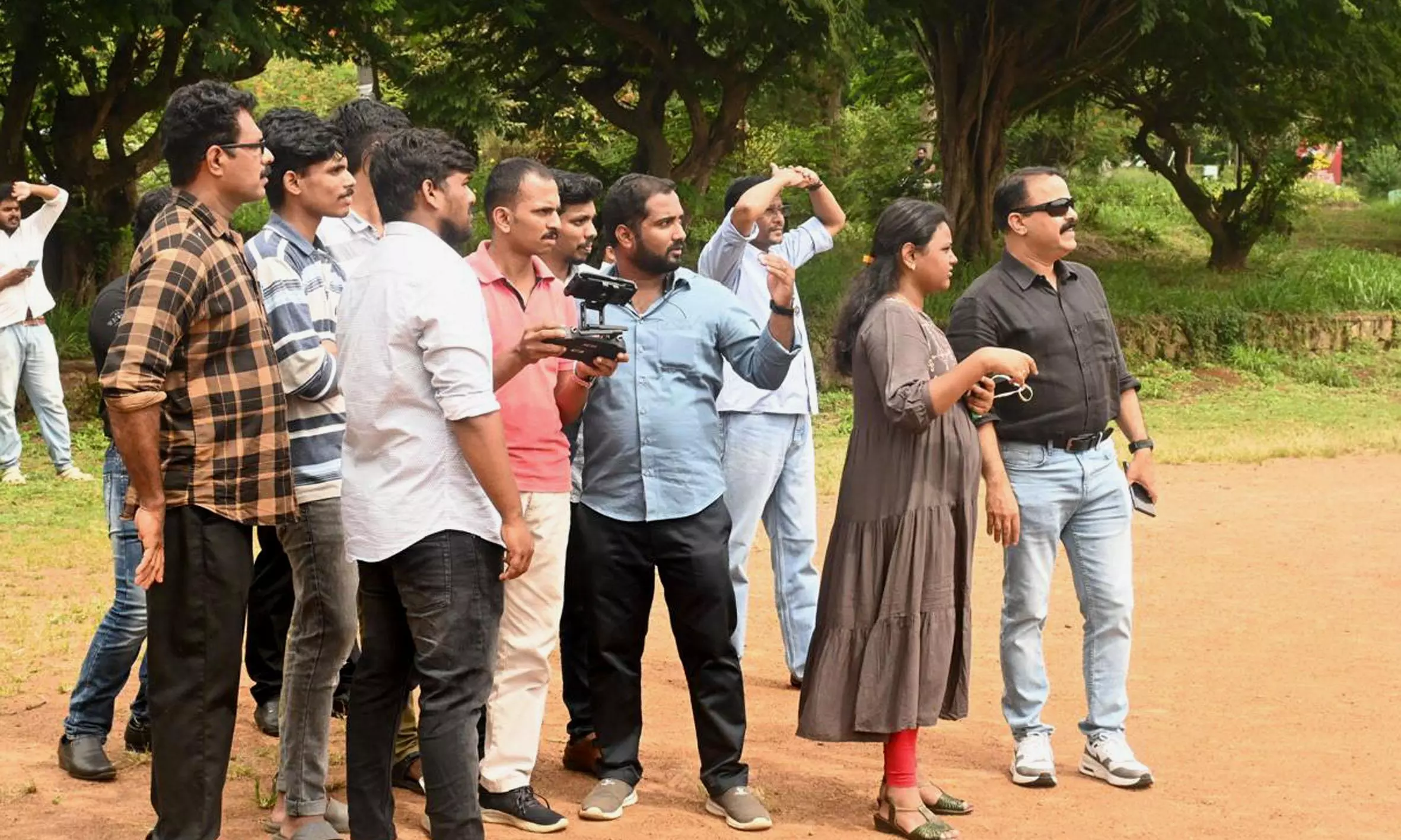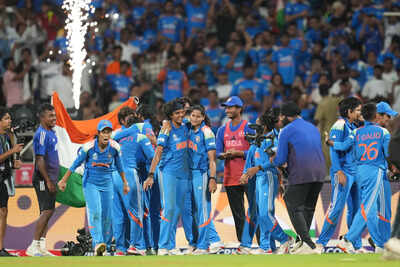
Visakhapatnam: Rapid advancement in drone technology has revolutionised several sectors in Andhra Pradesh, such as agriculture, infrastructure and digital twin 3D modelling. This has led to a surge in demand for drone pilots and mechanics. But training institutes for such technicians are few.
In fact, there are only four Remote Pilot Training Organisations (RPTOs) currently operating in the state. Just one is run by the state government at Acharya NG Ranga University in Guntur. The other three are private organisations.
The NG Ranga University RPTO provides 12-day training in both drone operation and maintenance for a fee of Rs 25,000. In contrast, the private institutes located in Guntur, Hindupur, and Vizianagaram charge between Rs 30,000 to Rs 60,000, running courses lasting five to seven days. The private organisations focus only on piloting and do not provide training in drone maintenance skills.
NG Ranga University RPTO in-charge Dr. Angireku Sambaiah emphasised the importance of RPTOs in training certified drone pilots. Only DGCA (Directorate General of Civil Aviation)-authorised institutions can provide structured training programmes for drone-related careers, like remote pilot trainers, maintenance engineers, accountable managers and remote pilots. As of March 31, 2024, Acharya NG Ranga University’s RPTO has trained 534 students, including 76 women, all certified by the DGCA.
Typically, two batches of 20 students each, aged between 18–65 years, are trained monthly to operate drones weighing 250–350 kg for agricultural applications, including pesticide spraying.
The urgent need for more high-quality drone training facilities in Andhra Pradesh is underscored by the experiences of students attending private RPTOs. One trainee said he paid Rs 50,000 for seven days of training. He expressed frustration saying he has not been taught how to repair a drone.
“To harness the full potential of drone technology, Andhra Pradesh must invest in expanding its RPTO network. By addressing financial and logistical barriers, the state can position itself as a hub for drone training and innovation, meeting the needs of industries and creating diverse career opportunities,” Dr. Sambaiah pointed out.
However, establishing new RPTOs requires adherence to DGCA guidelines, which mandate infrastructure, certified trainers and compliance with aviation regulations. The initial investment for starting an RPTO, ranging from Rs 30 lakh to Rs 40 lakh, poses a significant barrier.
Peela Manohar Sainath, a DGCA-certified drone pilot actively engaged in agricultural operations, spoke about the financial challenge. “I want to establish an RPTO. But I cannot raise so much money. The government should either establish RPTOs itself or provide loans to individuals like me to create these centres,” Sainath stated.





